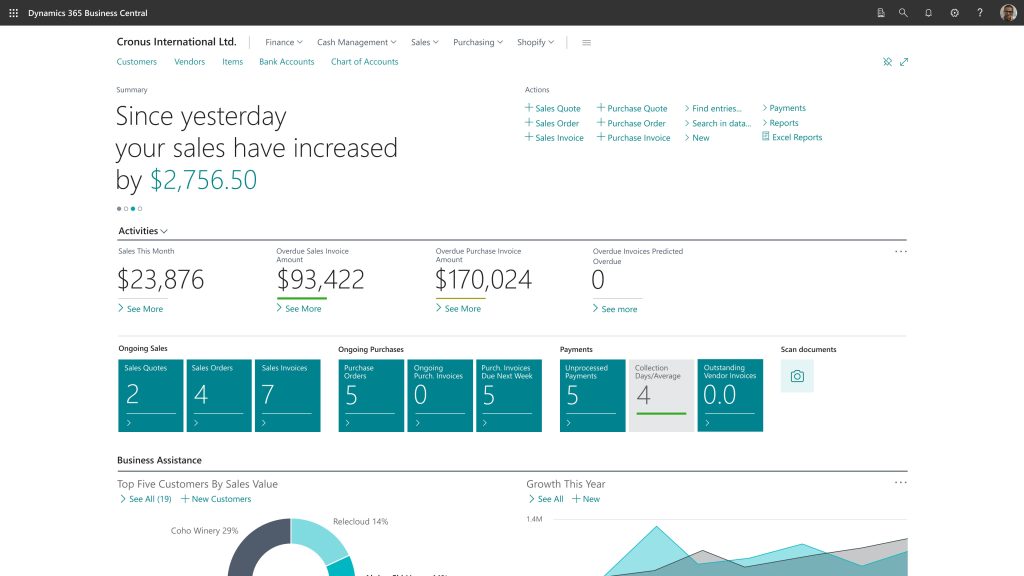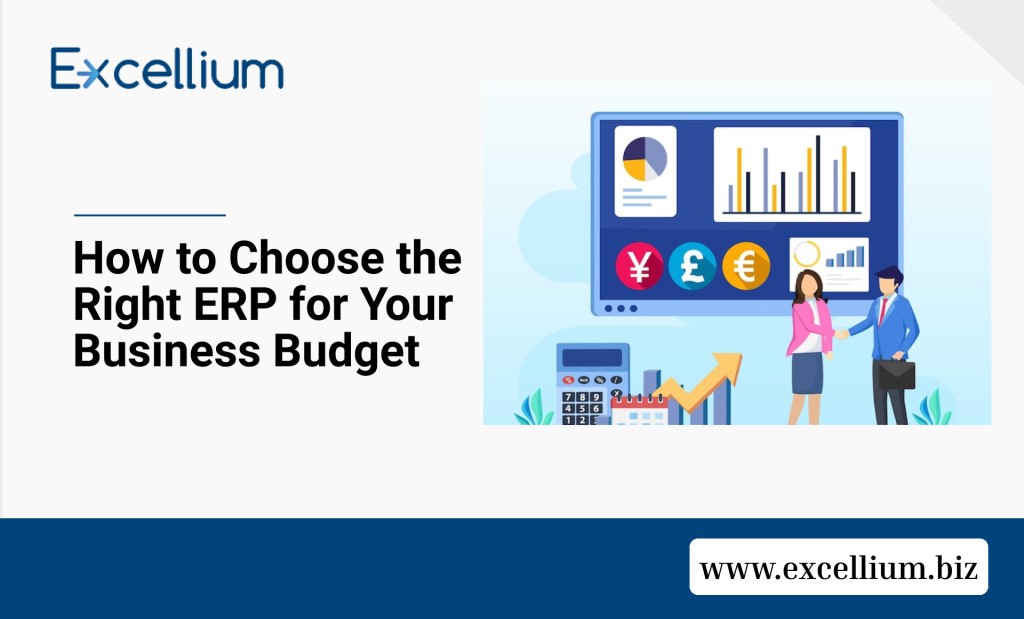
Choosing an ERP system is a bit like choosing a life partner. It’s a long-term commitment, and if you get it wrong, it can cost you more than just money. For many Nigerian businesses, the fear of overspending or selecting the wrong system is a real concern. But here’s the truth: you don’t need the most expensive ERP; you need the right one for your business and your budget.
Lesson 1: Bigger Isn’t Always Better
Take Prem Plastics Ltd., a small manufacturing company in Nigeria. They were doing about $3 million in annual turnover and decided to go big with an on-premises SAP S/4HANA system. Sounds impressive, right?
Well, not for long.
They blew past their ₦30 million budget, needed a full-time SAP admin they couldn’t afford, and within 18 months, the system was abandoned. Why? They chose a system built for multinationals, not SMEs.
Moral of the story? Don’t let big names blind you. Choose what fits, not what sounds fancy.
Lesson 2: The Right Fit Can Save You Millions
Now let’s talk about UrbanRootz Fashion, a fast-growing retail chain with 15 outlets. They picked Microsoft Dynamics 365 Business Central, a cloud-based ERP that scaled their growth. They paid monthly, avoided huge upfront costs, and worked with a local partner who understood their business.
The result? They came in 20% under budget and were fully live in just four months.
That’s what a smart ERP decision looks like.
Start Here: What Do You Need?
Before you even think about pricing, get clear on your needs:
- What’s broken in your current system?
- Which departments need ERP access just finance, or also HR, sales, and inventory?
- Are you expanding soon?
- Do you need local tax compliance (hint: yes, you do)?
Start lean. Focus on solving your biggest pain points first. You can always add more features later.
Smart Budgeting: What You’re Paying For
ERP costs aren’t just about the software. You also need to factor in
- Implementation and setup
- Customization and integrations
- Training for your team
- Ongoing support and updates
- Cloud hosting or infrastructure (if on-premise)
Cloud-based ERPs are often more budget-friendly because you pay monthly and avoid big upfront costs. Plus, they’re easier to update and scale.
5 Tips to Choose the Right ERP Without Breaking the Bank
- Know Your Total Cost of Ownership (TCO)
Don’t just look at the sticker price. Think long-term. What will this ERP cost you over 3–5 years, including support, upgrades, and training?
- Focus on Must-Have Features
Start with the basics:
- Finance and accounting
- Inventory and procurement
- Payroll and tax compliance
- Sales and CRM
- Reporting and dashboards
Leave the fancy stuff (like AI forecasting or advanced production scheduling) for later.
- Choose a Partner That Gets You
Your ERP partner should:
- Understand your industry
- Offer local support
- Be transparent about costs
- Implement in phases, not all at once
Ask for references. Talk to other businesses they’ve worked with.
- Avoid Over-Customization
Custom features sound cool until they double your budget. Look for ERPs with built-in templates for your industry. Ask yourself:
“Can this system do 80% of what I need out of the box?”
If yes, you’re on the right track.
- Think Long-Term, But Start Small
Start with core modules like finance, inventory, and sales. Add HR, CRM, or advanced analytics later. Some ERPs let you pay per user or per module perfect for growing businesses.
Bonus Tip: Don’t Ignore Local Compliance
If your ERP doesn’t support Nigerian tax and regulatory requirements, you’ll end up spending more on workarounds. Make sure your ERP can handle:
- VAT, WHT, PAYE, and pension deductions
- FIRS-compliant reporting
- Regular updates for regulatory changes
This is non-negotiable.
Real Talk: What Happens If You Get It Wrong?
- You’ll overspend on features you don’t use.
- Your team won’t adopt the system.
- You’ll miss deadlines and face penalties.
- You’ll end up replacing the ERP in 2 years.
But if you get it right? You’ll streamline operations, reduce errors, and free up your team to focus on growth.
Final Word: Don’t Buy What You Don’t Need Yet
ERP systems aren’t one-size-fits-all. The best ERP for your business is the one that solves your current problems, fits your budget, and grows with you.
So, take your time. Ask the right questions. And remember: the goal isn’t to buy the biggest ERP; it’s to buy the smartest one.
Ready to Find the Right ERP for Your Budget?
Book a free ERP budget consultation

